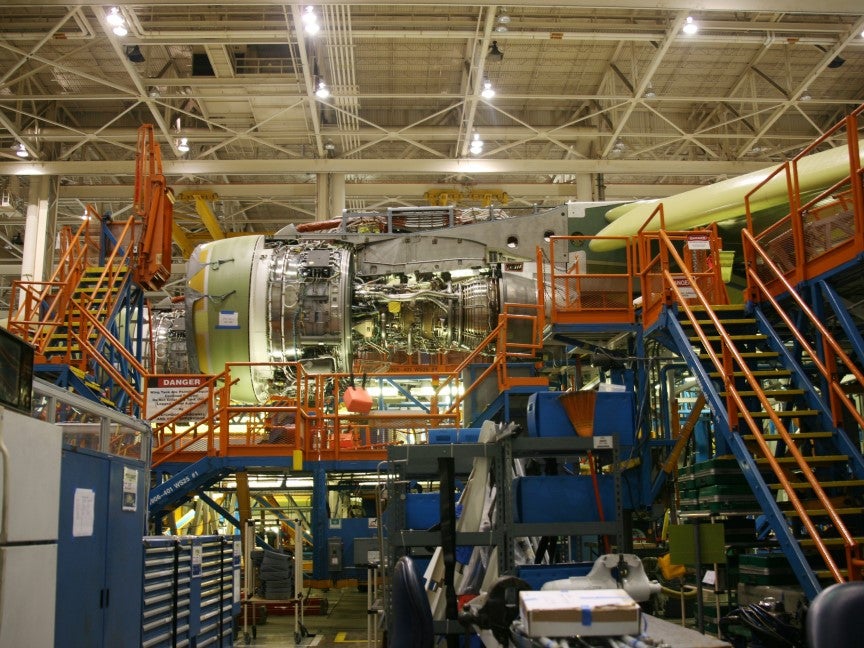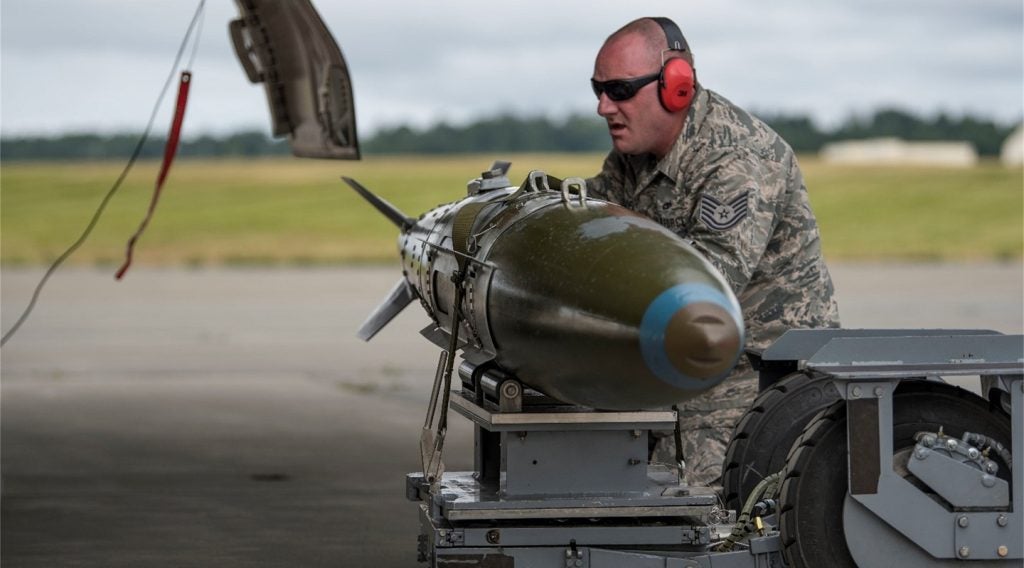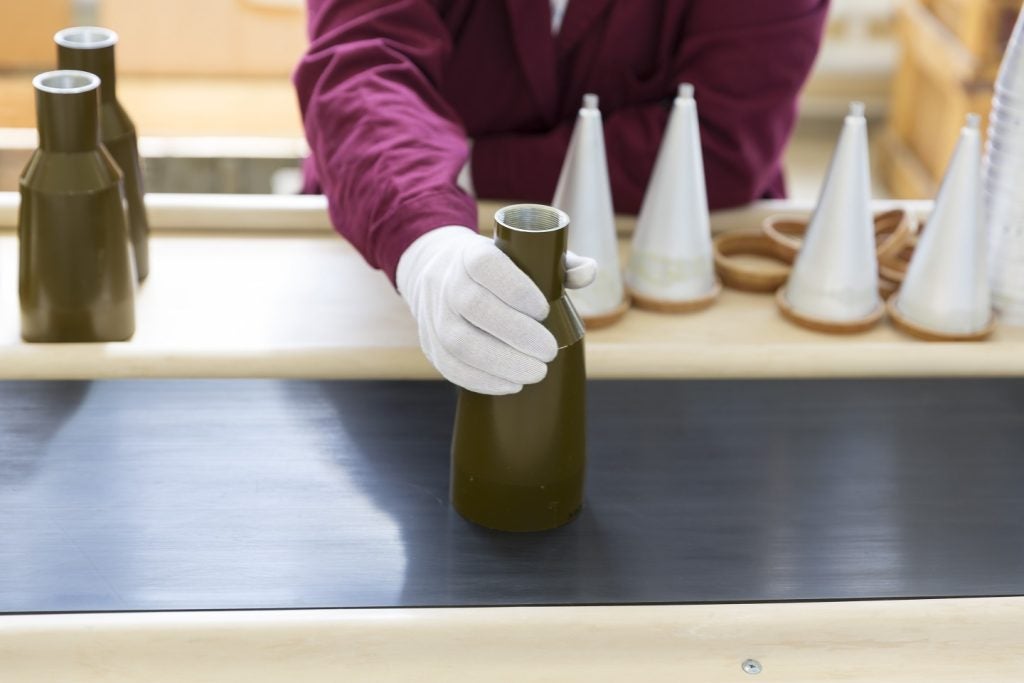The coinciding of the COVID-19 pandemic and Brexit seriously disrupted aerospace and defence manufacturing both in the UK and abroad during 2020. However, as restrictions in the UK are lifted, the industry is facing the possibility of new disruptions in the form of the so-called ‘pingdemic’ – where people are being notified of the need to self-isolate after potentially coming in contact with someone that has tested positive for COVID-19. The effects of this are starting to be seen in other industries (notably food supply and distribution) and thus it raises the question of if and when will the defence industry feel the effects of the ‘pingdemic’.
Madeline Wild, associate defence analyst, comments: “Airbus’ manufacturing centre in Broughton, Wales, is one case where the notifications from the NHS app are disrupting normal activities. A number of employees at the site are having to self-isolate for up to ten days. Last week, however, Airbus released a statement that it was confident production schedules would not be disrupted by staff shortages. Concerns amongst suppliers, manufacturers and customers alike may well be eased by the expected announcement that double-jabbed critical workers will not be subject to self-isolation requirements, although it is still unclear who will be included in these groups and thus the risk of staff shortages remains.
“2020 saw major disruption to supply chains and production schedules to many aerospace and defence companies. Most have been able to bounce back after the unprecedented disruption caused by national lockdowns and so it seems unlikely that the ‘pingdemic’ will have any lasting impact. Numbers isolating are far lower than before, with production primarily able to continue, if with minor delays. When coupled with potential exemptions in the coming days it seems unlikely that the ‘pingdemic’ will pose a realistic threat to aerospace and defence supply chains.”










Related Company Profiles
Airbus SE